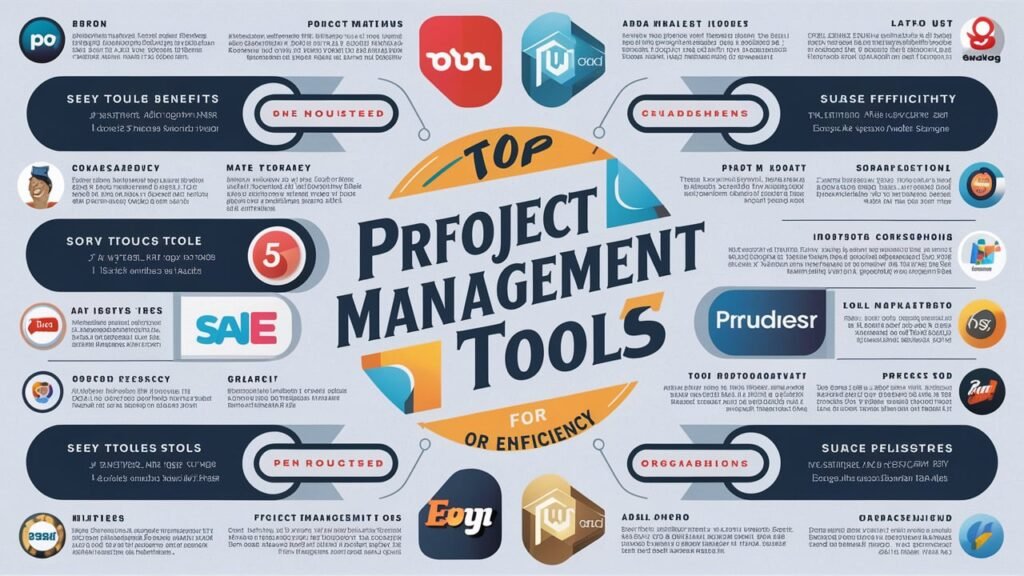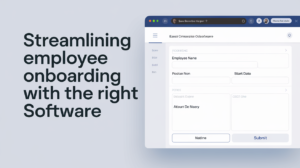Introduction
In the ever-competitive business world, optimizing resources efficiently and managing time wisely can make a substantial difference in your company’s bottom line. One of the most significant yet often overlooked tools for achieving this is accurate time tracking. By accurately recording how time is spent within your organization, you can enhance productivity, streamline processes, and ultimately save your business thousands annually. This blog delves into the critical benefits of accurate time tracking and how it can propel your business towards operational excellence.
Understanding Accurate Time Tracking
Accurate time tracking involves meticulously recording the amount of time employees spend on their tasks and projects. This practice, facilitated by advanced time tracking tools and software, ensures that no billable hours go unnoticed and that productivity can be consistently monitored and improved.
Importance of Accurate Time Tracking
Accurate time tracking is more than just clocking in and out. It provides a detailed breakdown of where and how time is spent, revealing inefficiencies, and highlighting areas that need improvement. Here’s why your business should prioritize accurate time tracking:
1. Enhanced Productivity:
Knowing how time is allocated allows businesses to identify inefficiencies and allocate resources better.
2. Cost Savings:
Time tracking helps in billing clients accurately and prevents financial leaks due to unrecorded billable hours.
3. Improved Project Management:
Accurate time tracking supports better planning and execution of projects by providing clear data on task durations and workloads.
4. Informed Decision-Making:
With precise time data, management can make more informed decisions regarding staffing, task assignments, and process improvements.
Key Benefits of Accurate Time Tracking
1. Boosts Employee Productivity
Accurate time tracking holds employees accountable for their time, encouraging them to focus and prioritize their tasks effectively. When employees are aware that their time is being monitored, it often leads to a more productive work environment. Tools like Time Doctor and Toggl provide detailed insights into how time is spent, helping employees to identify and eliminate distractions.
2. Ensures Efficient Project Management
By understanding how much time each task in a project takes, managers can plan more efficiently. Accurate time tracking provides valuable data that helps in setting realistic deadlines and ensuring that projects are completed on time and within budget. Tools such as Asana and Trello integrate time tracking features that aid in seamless project management.
3. Enhances Client Billing and Budgeting
For businesses that bill clients based on hours worked, accurate time tracking ensures every billable hour is accounted for, thereby increasing revenue. It also aids in budgeting by providing a clear picture of how resources are being utilized. This transparency builds trust with clients as they can see exactly how their money is being spent.
4. Encourages Better Time Management
With precise time data, management can make more informed decisions regarding staffing, task assignments, and process imAccurate time tracking is a powerful tool for improving time management skills. By analyzing time tracking reports, employees and managers can identify time-consuming tasks and find ways to perform them more efficiently. This continuous improvement loop can lead to significant time savings and more productive use of work hours.provements.
Implementing Time Tracking in Your Business
1. Choose the Right Time Tracking Tool
2. Educate and Train Employees
Ensure that your team understands the importance of accurate time tracking and how to use the tools provided. Conduct training sessions and provide resources to help them get acquainted with the software.
3. Set Clear Policies and Expectations
Establish clear guidelines regarding time tracking in your company’s policy. Communicate these policies to your team, emphasizing the benefits and expectations from accurate time tracking.
4. Regularly Review and Analyze Time Tracking Data
Make it a practice to regularly review the time tracking data. Use this information to identify patterns, assess productivity, and make data-driven decisions to enhance efficiency.
Overcoming Challenges in Time Tracking
1. Resistance from Employees
Employees may resist time tracking due to the fear of micromanagement. Address this by communicating the benefits clearly and ensuring them that the goal is to enhance productivity, not to scrutinize every move.
2. Accuracy of Data
Manual time tracking can often lead to inaccuracies. Automated time tracking tools reduce errors and provide more reliable data. Encourage employees to track time consistently for more accurate reports.
3. Data Overload
The sheer amount of data from time tracking can be overwhelming. Focus on key metrics that align with your business goals and use this data to drive improvements.
Conclusion
Accurate time tracking can be a game-changer for your business. By providing insights into how time is spent, it enables better productivity, cost savings, and efficient resource management. Implementing a robust time tracking system, training your employees, and regularly analyzing the data can help your business achieve significant operational and financial benefits. Start prioritizing accurate time tracking today and experience the transformative impact it can have on your business.









